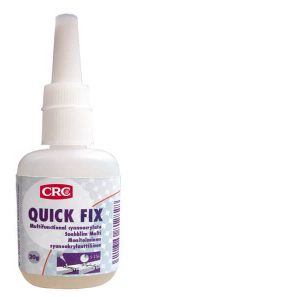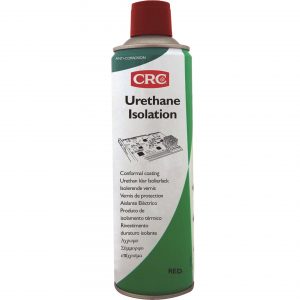Description
General description
Heavy-duty cleaner for degreasing and decarbonising electro-mechanical metal parts and equipment.
Features
• Controled evaporation for enhanced cleaning action.
• High flash point for application safety.
• Low odor.
• Non conductive.
• Non corrosive.
• Does not leave a residue.
• Convenient 360° (including inverted position) spray valve for aerosols.
• High purity CO2 propellant, giving an active product content of 95%.
Applications
- Electro-mechanical assemblies.
- Electrical aggregates.
- Cleaning mechanical parts.
- Wire ropes.
- Handling equipment.
- Pumps
Directions
• Spray liberally and allow to run off.
• Use extension tube for more precise application.
• When applied by dipping, agitation accelerates the action.
• Slight heating (up to 40°C) enhances cleaning action in dipping baths. May also be applied by wiping with a clean
rag or by brushing. To clean equipment interior, covers, plates, etc. should be removed prior to product application.
• Do not use on energized equipment.
• Do not use on sensitive electronic equipment.
• Test before use on sensitive materials.
• Allow to dry completely before reactivation.
• Protect and re-lubricate if necessary.
• A safety data sheet (MSDS) according to EC Regulation N° 1907/2006 Art.31 and amendments is available
for all CRC products.
Typical product data (without propellant)
| Aerosol | Bulk | |
| Appearance | Liquid. | Liquid. |
| Color | Colorless. | Colorless. |
| Odor | Solvent. | Solvent. |
| Density | 0.825 g/cm3 (@ 20°C). | 0.825 (@ 20°C). |
| Distillation range | 180-220 °C | 180-220 °C |
| Flash Point | 63 °C (Closed Cup) | 63 °C (Closed Cup) |
| Auto Ignition temperature | > 200 °C | > 200 °C |
| Vapor density | > 5 (@ 20°C). | > 5 (@ 20°C). |
| Evaporation rate | 150 (Ether=1) | 150 (Ether=1) |
| Kauri Butanol value active product | 84 | 84 |
| Drying time active product | 180 min | 180 min |
Packaging
| Aerosol | 12×200 ML |
| 12×500 ML |
| Bulk | 20 L |
| 200 L | |
| 4×5 L |
Remarks
Drying Time
Parts cleaned with CRC Lectra Clean II will not dry as rapidly as those cleaned with chlorinated or low flash point solvents. Drying time will depend considerably on surface geometry and environmental conditions (temperature, % humidity, ventilation, …). Reducing the liquid film thickness on the parts will also shorten drying time; this can be done by allowing excess cleaner to drip off and/or by using a gentle air knife blow off. Drying time can also be shortened with warm air blowers. Blowers should use fresh air (not recirculated air) to keep solvent concentrations low. Parts typically dry in less than half an hour if warm air is used at low flow rates. Higher flow rates will accelerate drying. Maximum allowed temperature is 50°C.








